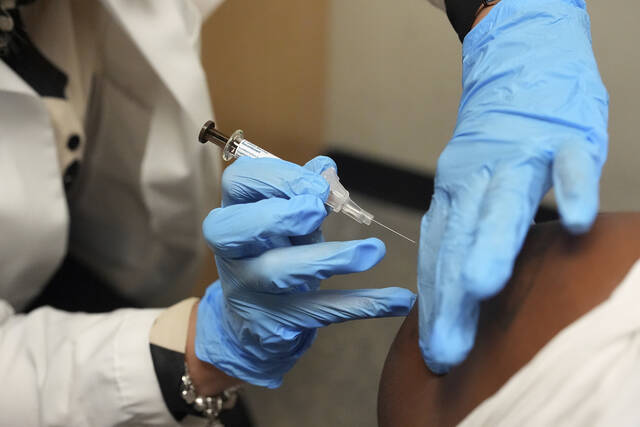The influenza (flu) season is fast approaching. With it brings the risk of upper respiratory discomfort, fever and various aches. Those over 65 years of age and children under 2years of age have historically been at the greatest risk of poor outcomes, including hospitalizations and even death.
In the 2024-25 flu season, between 610,000 and 1.1 million people were estimated to have been hospitalized, with between 27,000 and 130,000 estimated deaths, including 266 pediatric deaths. Ninety percent of the reported pediatric deaths occurred in children who were not vaccinated.
The best available protection available has been the seasonal influenza vaccine, designed to protect against three influenza viruses that have the greatest likelihood of circulating during the upcoming season. Given that it takes no less than six months for the vaccines to be developed, it is necessary to make such forecasts well in advance.
Yet this flu season may be different. This is not due to the virus itself, but rather, to a secretary of Health and Human Services who has been critical of vaccines, spread vaccine misinformation, dismantled committees for vaccine policy, and gutted the Centers for Disease Control and Prevention.
When political ideology overrides public health expertise, the outcomes can get ugly.
Health policies crafted based on partisan, ill-conceived ideologies that ignore or contradict well-established research, without input from qualified experts, is certain to foment confusion and controversy. Unfortunately, this is happening.
An example of this is how the Advisory Committee of Immunization Practices (ACIP) was revamped with a new set of people, many of whom lack the necessary scientific, vaccine and immunization expertise to provide productive and informed recommendations. Evidence of this was their thimerosal discussion, an issue that had been put to rest several years ago. With the newly constituted ACIP, recommendations have become suspect, prompting medical professional societies to release their own evidence-based recommendations. This new environment also led to the establishment of the Vaccine Integrity Project.
A common mantra offered by the secretary is that every person should be free to make their own choices about vaccination and other health care decisions. People should certainly be informed of such issues and given the choice of how to proceed. However, they also need sage recommendations and guidance that serve their best interests.
That is where primary care physicians (internal medicine, family medicine and pediatricians) and clinicians are critical to provide such guidance. They are on the front lines of patient care, providing such recommendations and addressing patient concerns.
In the current environment, pediatric routine vaccine uptake has been dropping, and it is possible that fewer people will receive the influenza vaccine this fall than in previous years. If this happens, it will most certainly result in more clinical disease, more hospitalizations and more deaths, many of which could be avoided with more direct and stronger recommendations.
One saving grace is that most health insurance plans will cover seasonal influenza vaccination this fall.
Every hospitalization avoided effectively saves them thousands of dollars in claims payments. Cost benefit analysis of seasonal influenza vaccines provides a net positive return. Continuing to support and pay for such vaccines is good long-term business, as well as being good public health practice. Moreover, physicians and their practices do not “get rich” from providing vaccines — it is just good medical care.
This influenza season will be a dress rehearsal for what may lie ahead. The beliefs and statements of the secretary create tension between partisan ideology and well-established science. If the vaccine infrastructure is seriously damaged, it could take years to rebuild it, opening the nation up to future risks. Already, the cancellation of mRNA-based research for vaccines has experts deeply concerned. In addition, former CDC leaders asserted that the Secretary’s actions are “unacceptable and should alarm every American, regardless of political leanings.”
The best action that everyone can take this fall is to get their flu vaccine. Decades of recommendations have yielded an abundance of quality data that support vaccination. A secretary with an anti-vaccine history who appears to be on a mission to discredit the public health benefits of vaccination must not be allowed to undo an even longer history of vaccination successes.
Sheldon H. Jacobson is computer science professor at the University of Illinois. Janet A. Jokela, MD, senior associate dean at the Carle Illinois College of Medicine at the University of Illinois Urbana-Champaign, and a member of the Illinois Department of Public Health Immunization Advisory Committee.








